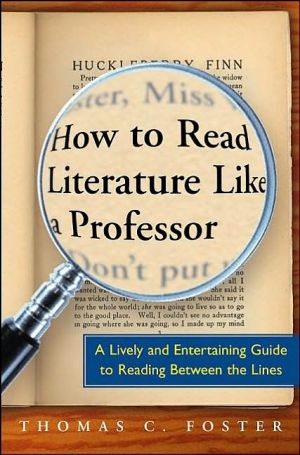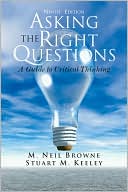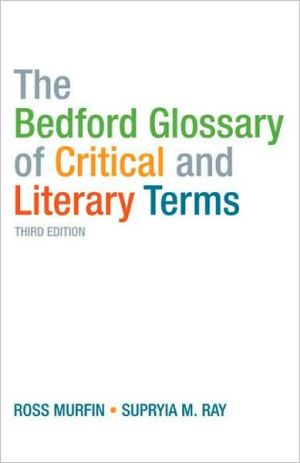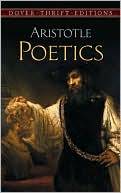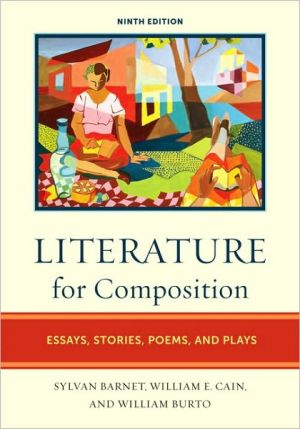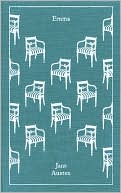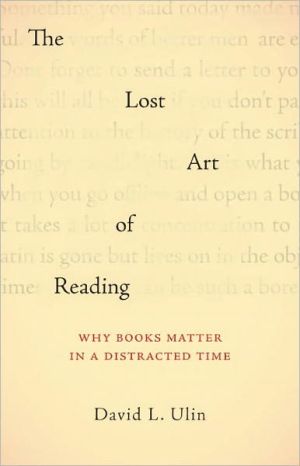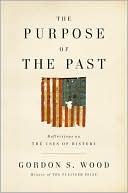Is the Rectum a Grave?: and Other Essays
Over the course of a distinguished career, critic Leo Bersani has tackled a range of issues in his writing, and this collection gathers together some of his finest work. Beginning with one of the foundations of queer theory—his famous meditation on how sex leads to a shattering of the self, “Is the Rectum a Grave?”—this volume charts the inspired connections Bersani has made between sexuality, psychoanalysis, and aesthetics.\ \ Over the course of these essays, Bersani grapples with...
Search in google:
Over the course of a distinguished career, critic Leo Bersani has tackled a range of issues in his writing, and this collection gathers together some of his finest work. Beginning with one of the foundations of queer theory—his famous meditation on how sex leads to a shattering of the self, “Is the Rectum a Grave?”—this volume charts the inspired connections Bersani has made between sexuality, psychoanalysis, and aesthetics.Over the course of these essays, Bersani grapples with thinkers ranging from Plato to Descartes to Georg Simmel. Foucault and Freud recur as key figures, and although Foucault rejected psychoanalysis, Bersani contends that by considering his ideas alongside Freud’s, one gains a clearer understanding of human identity and how we relate to one another. For Bersani, art represents a crucial guide for conceiving new ways of connecting to the world, and so, in many of these essays, he stresses the importance of aesthetics, analyzing works by Genet, Caravaggio, Proust, Almodóvar, and Godard.Documenting over two decades in the life of one of the best minds working in the humanities today, Is the Rectum a Grave? and Other Essays is a unique opportunity to explore the fruitful career of a formidable intellect.Times Higher Education“This collection of pieces may well be the best starting point to get acquainted with Bersani’s thought, and offers an essential guide to his writing.”
Preface ixPart 1 The Sexual Subject1 Is the Rectum a Grave? 32 Is There a Gay Art? 313 Gay Betrayals 364 Sociability and Cruising 455 Aggression, Gay Shame, and Almodóvar's Art 63Part 2 Toward an Aesthetic Subject6 Against Monogamy 857 Sociality and Sexuality 1028 Can Sex Make Us Happy? 1209 Fr-oucault and the End of Sex 13310 Psychoanalysis and the Aesthetic Subject 13911 The Will to Know 154Part 3 Two Interviews12 A Conversation with Leo Bersani Tim Dean Hal Foster Kaja Silverman 17113 Beyond Redemption: An Interview with Leo Bersani Nicholas Royle 187Index 203
\ Times Higher Education“This collection of pieces may well be the best starting point to get acquainted with Bersani’s thought, and offers an essential guide to his writing.”\ \ \ \ \ Lauren Berlant“Even readers who think they’re familiar with Leo Bersani’s career of thinking about what’s structural, impersonal, and non-relational about people will be astonished by reading these collected essays and interviews. One encounters constantly frame-shaking turns of analysis that shake free the possibility of better conditions of relationality. Phrase by beautiful phrase, Bersani’s stunning readings of the relation of psychoanalytic to aesthetic conceptions of subjectivity open up new conceptual and affective potential.”\ \ \ \ Lee Edelman“More than twenty years after it first jolted the academy—by which I mean scandalized, unsettled, and reshaped it—queer theory’s most stunningly provocative essay, which gives this volume its name, here makes its first appearance (at last!) in a book by Leo Bersani. Only now, and in the context of these dazzling essays collected from the career of one our most original and intellectually uncompromising critics, is it possible to recognize how much it has influenced our thinking about sexuality, psychoanalysis, and culture. No one who attends to that essay or to its remarkable companions in this collection can come away from the experience unchanged—or even, in fact, unscathed. For Bersani, with these brilliant meditations on art and desire as encounters with form, transforms not only our understanding of the aesthetic as a relation to the world, but also our sense of the world that escapes the mastery of our understanding.”\ \ \

